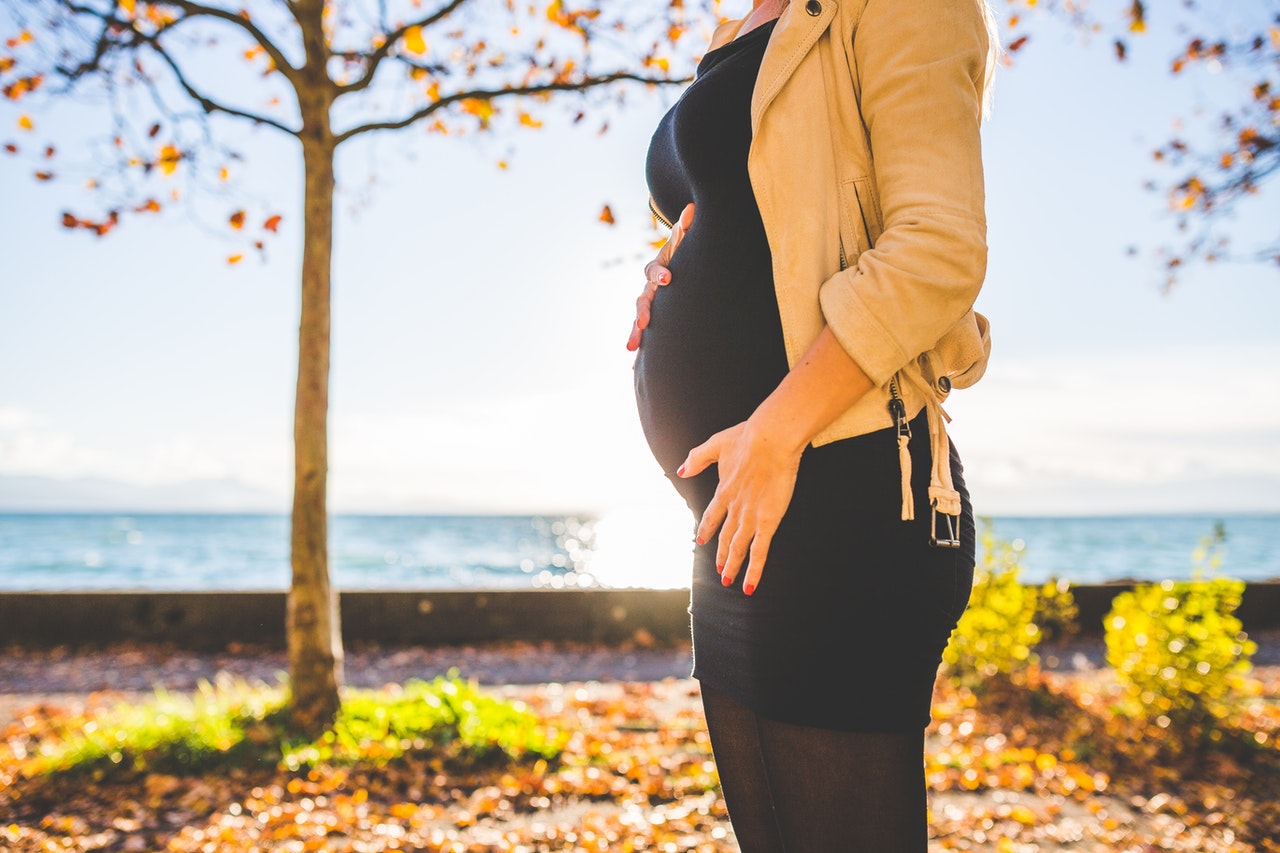
How to boost your fertility
We all like a happy ending, but real life isn’t always as clear-cut and cheerful as a book or film, and trying to conceive, although it should be a fun, exciting time, may instead be stressful, frustrating, and painful. It may take longer than planned, resulting in disappointment…
If this is the case, it may be feasible – though not always, and a medical opinion should always be obtained – to increase your fertility naturally. Here are some of the best methods to do that.
Speak To Your Doctor
Speaking with your doctor will not automatically increase your fertility or chances of conceiving, but they may be able to suggest some fresh alternatives for you to consider, such as IVF therapy. Of course, not everyone will want to explore this, and sadly not everyone can afford it, but if it is a viable alternative, discussing how it works and the following steps with your obstetrician might be beneficial.
The sooner you see your OB-GYN, the sooner any illnesses or difficulties can be ruled out, and treatment can begin if necessary.
Maintain A Healthy Weight
Being overweight or underweight may impact your fertility, and maintaining a good, healthy weight may help you conceive if you don’t have any other underlying medical concerns that are making it difficult to conceive.
A body mass index (BMI) of 19 to 24 is considered ‘healthy’ and is ideally suited for childbearing. Going on a crash diet or eating a lot of junk food to get into this range is not a wise idea; you may end up doing more harm than good to your body. It is essential to consult with a doctor who can advise you on how to gain or reduce weight safely and permanently.
Eat Well
Eating properly is connected to being able to keep a healthy weight – after you’ve reached your target weight, if you can eat a healthy, well-balanced diet, you’re more likely to remain there.
However, eating healthily is about more than just losing weight. If you eat unhealthily, consume too much or too little, or eat at inconvenient times, your reproductive cycle may get disrupted. This means that ovulation may not happen, or if it does, it is difficult to predict when it will occur. No ovulation makes it impossible to conceive, and irregular ovulations make it very difficult since you can’t tell when your most fertile days are.
Eat properly, but also at regular intervals throughout the day, to increase your fertility. Don’t, for example, miss breakfast and lunch in favour of a large supper. Eat smaller meals throughout the day, supplementing with nutritious snacks as needed.
Reduce Your Caffeine Intake
Caffeine use has been linked to difficulties in conception, albeit the specific reason for this has yet to be determined. If you’re trying to conceive and consume a lot of coffee or soft drinks, for example, it could be a good idea to reduce your intake – it’s better for your health and sleeping habits, and it won’t hinder your chances of conceiving.
Caffeine withdrawal symptoms, which can be highly unpleasant and include severe headaches, may occur in some people when they suddenly wholly abstain from caffeine. If you are going to cut back, do it gradually so that you do not give yourself undue pain and stress, which won’t be helpful in terms of conception either.
*This is a collaborative post.


